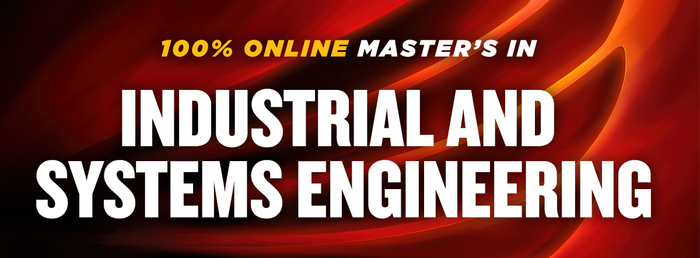In the rapidly evolving landscape of healthcare, the integration of artificial intelligence (AI) promises groundbreaking advancements, revolutionizing patient care, diagnostics and research methodologies. As the demand for skilled professionals at the intersection of AI and medicine surges, pursuing a Master of Science in Artificial Intelligence in Medicine (MS AIM) online emerges as an attractive and convenient option. As one of the few schools in the nation to offer this interdisciplinary degree, the goal at UofL is to equip future students for the next generation of healthcare technology through artificial intelligence methodologies, computational practices and machine learning techniques.
Artificial Intelligence serves as a catalyst in reshaping the healthcare sector, offering unprecedented capabilities in analyzing complex medical data, predicting disease outcomes, personalizing treatment plans, and optimizing healthcare delivery. From image recognition in radiology to natural language processing in electronic health records, AI algorithms are increasingly augmenting healthcare professionals’ decision-making processes, leading to more accurate diagnoses and improved patient outcomes.
Earning a Master’s in Artificial Intelligence in Medicine online at UofL presents a unique blend of flexibility and rigor, catering to the diverse needs of aspiring healthcare AI professionals. Through state-of-the-art virtual platforms, students gain access to comprehensive curricula, expert faculty, and collaborative learning environments, transcending geographical barriers and accommodating busy schedules.
In this 30-credit hour graduate degree program, students acquire expertise in different fields of artificial intelligence in medicine—including big data, medical imaging, biostatistics and experimental data. Courses delve into topics such as:
- Introduction to Artificial Intelligence in Medicine
- Data Mining
- Machine Learning Techniques in Medicine
- Medical Image Computation
- Biostatistical Methods
- Statistical Computation
As graduates of UofL’s online master’s degree, individuals emerge as versatile and highly sought-after professionals, equipped with the technical acumen and domain expertise to drive innovation in healthcare. Whether pursuing careers as AI researchers, data scientists, healthcare consultants, or clinical informaticians, their contributions are instrumental in shaping the future of medicine, promoting precision healthcare delivery, and advancing patient-centric outcomes.
Earning an advanced degree in AIM from UofL signifies a transformative journey towards becoming a proficient and impactful healthcare AI professional. By navigating the multidisciplinary curriculum, embracing virtual learning platforms, and leveraging collaborative opportunities, students embark on a path of continuous learning and innovation, poised to revolutionize healthcare through the power of AI.
As the healthcare landscape continues to evolve, the integration of AI promises boundless possibilities, empowering individuals to shape a healthier, more equitable future for generations to come. For more information on admission requirements, application deadlines and general information, click here.



